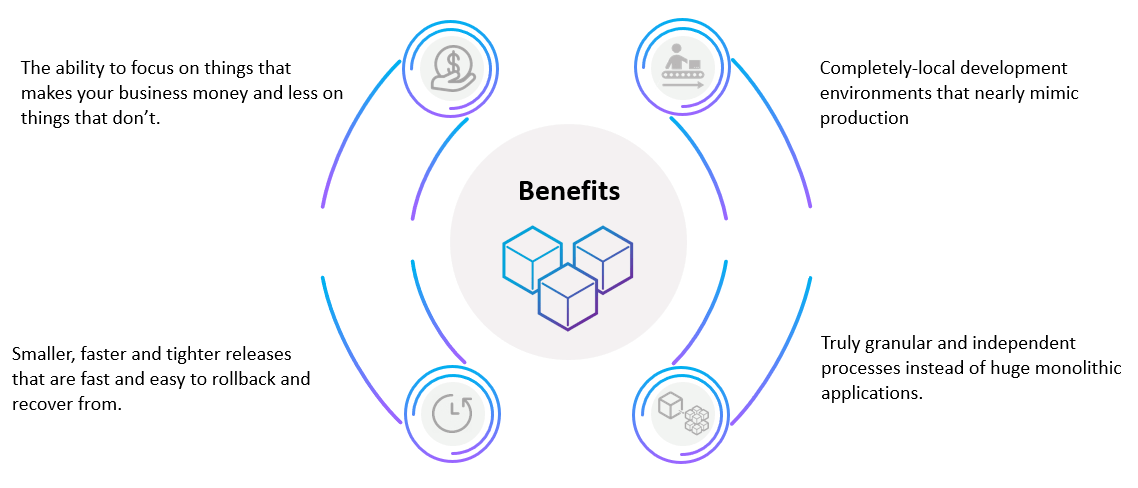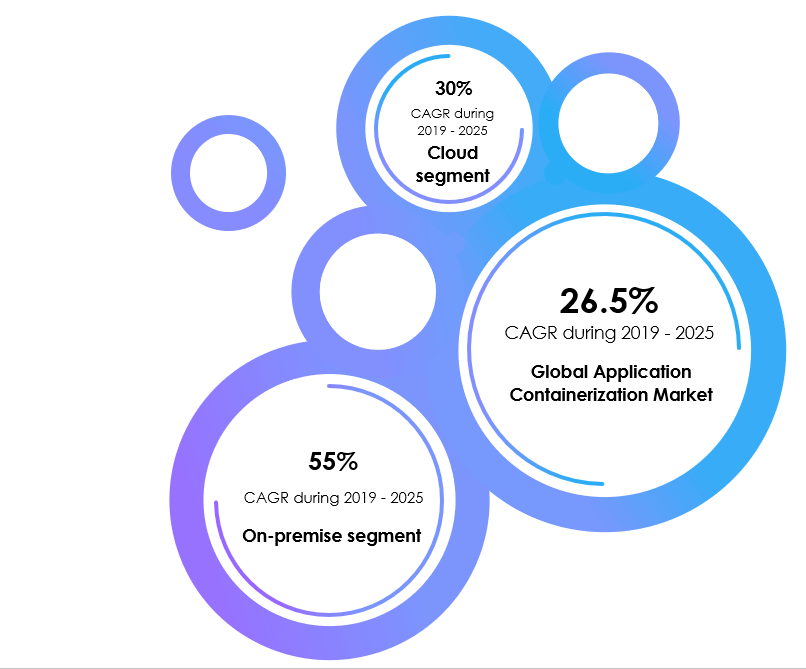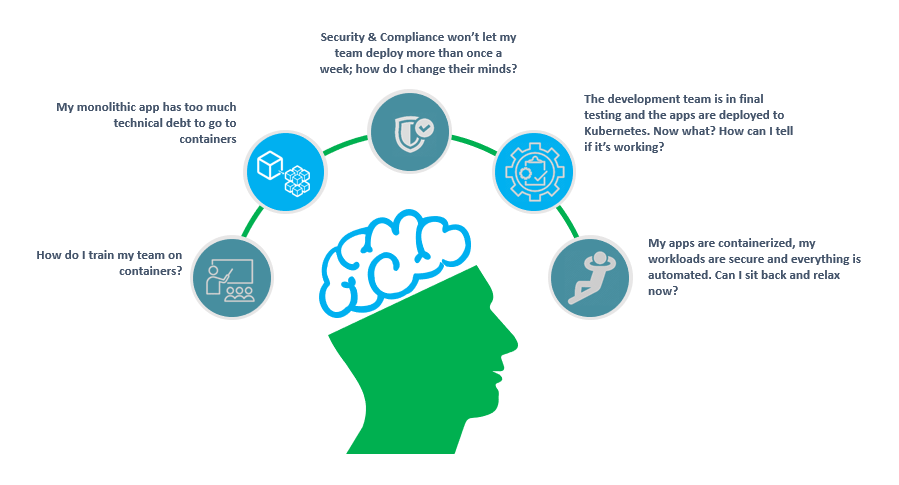The Journey For Containers Is The Journey For Tomorrow
The Journey For Containers Is The Journey For Tomorrow
A container is a standard unit of software that packages up the application code and all its dependencies so that the applications can run quickly and reliably from one computing environment to another. In the initial days of remote computing, the idea of using your Windows machine to run other machines was compelling, and VMware made this dream come true.
When virtual machines (VM) became much faster and easier to create, it did not take much longer for enterprises to realize that this technology can reduce their IT costs drastically. One of the key advantages of moving towards VMs was a reduction in the data center footprint. You can fit more applications on fewer physical machines by running multiple VMs on the same physical box.
Using containers is another way of packing applications in a much lighter weight and with a much faster delivery model. This is a much more efficient way of running multiple application processes on a single box, regardless of whether that box is a VM or a physical machine.
Due to these revolutionary benefits, containers play a major role in the context of fulfilling DevOps, microservices, and cloud strategy in any small medium and large enterprise.
Let us explore how application containerization can benefit a modern enterprise.
Containers help enterprises to modernize their legacy applications and create new cloud-native applications that are both scalable and agile. Container engines such as Docker and orchestration frameworks such as Kubernetes, provide a standardized way to package applications (including code, runtime, and libraries) to run them in a consistent manner across the entire software development life cycle.

Benefits of application containerization
Enterprises can enhance their DevOps practice and innovation velocity by moving from heavy, monolithic applications to lightweight, agile containerized application delivery. The development of life cycles is shortened and images running in containers operate faster with increased utilization of cloud resources.
Hence, a container-based infrastructure can greatly increase development velocity while decreasing operating costs.
Why enterprises should focus on creating their container strategy now:
For enterprises, 2020 is the right time to be concerned about their container strategy, since several industry-leading analyst houses have predicted huge growth in the adoption of application containerization by 2022.
It is predicted* that >75% of global organizations will be running containerized applications in production by 2022 as compared to 30% in 2019.
The on-prem segment is projected to account for a share of >55.0% by 2025. The cloud segment, on the other hand, is anticipated to register a CAGR of ~30.0% during 2019 – 2025.

Questions to focus on while preparing your container strategy

How to train your existing staff for containers: One can hire a consultant or professional trainer and establish a formal training plan in place with a fixed schedule to help the team focus on training. The best approach could be to include a part of your team in training and allow the rest of the team to handle your existing legacy infrastructure.
How to smoothly transition your monolithic applications on containers: One should piece out their legacy application one by one and should deploy them on containers when they are ready. Microservices (container-based applications) do not have to be deployed all together in one massive deployment.
How to handle Security & Compliance of your applications: One should engage with their security team early to form a strategy that makes them comfortable with a more agile approach for deployments. To reduce your vulnerability, you should perform static code analysis with tools like Veracode, image scans with tools like Clair, and integrate CI/CD security with tools like Twistlock or Stackrox.
How to test your applications deployed on Kubernetes: Since the technology is new in the industry, it experiences greater than the average number of zero-day exploits and a growing list of vulnerabilities. One should monitor and secure the runtime through monitoring tools like Prometheus and Nagios.
After your application deployment, can you sit back and relax: Kubernetes is a developing ecosystem, so your team will need R&D time built into their workweek to stay up to date and experiment with new tools as they become available.
Must have Kubernetes service components, in your journey for application containerization:
The journey to containers at enterprise scale is best made by moving as much of the SDLC process back to the developer as possible, and by focusing on transforming a single application and gaining institutional knowledge slowly.
Since container technology is developing day by day, one should always look for a Kubernetes service that ensures fully automated operations with 99.999% SLA on any environment (data centers, public clouds, or at the edge). United Private Cloud provides a highly customizable and available (99.999% SLA) Kubernetes solution for enterprises in hybrid or multicloud infrastructures globally. What makes this solution more appropriate for the enterprises is its highly available architecture with performance-optimized compute, all-flash storage, security, multicloud connectivity, support, and distributed resource scheduling on a 10gig networking platform.
After availability, the second most crucial component for any Kubernetes solution is its security and compliance integrity, which generates a need for a service that can provide you proactive monitoring of your microservices across your hybrid cloud environment. United Private Cloud has an industry-leading service offering UnityOneCloud, a single pane of glass that provides multicloud observability, monitoring, management, auditing, support, and automation.
Why not focus on your core business and eliminate the complexity of managing and operating Kubernetes by selecting United Private Cloud as your managed Kubernetes service provider!
Give us a call or email us for a free demo and to understand how you can save guaranteed 30% cost benefits and eliminate your complexity of managing Kubernetes.

